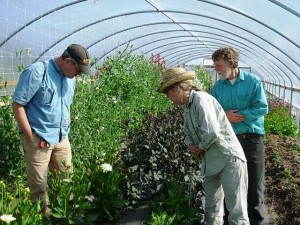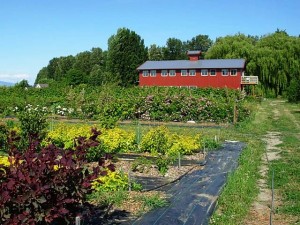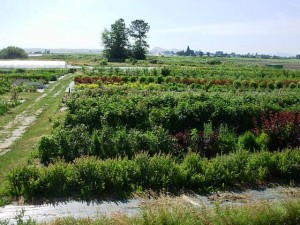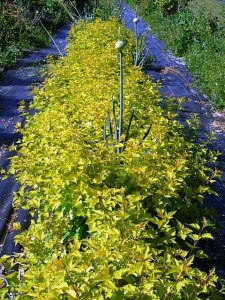Podcast: Play in new window | Download
Subscribe: Apple Podcasts | Podcast Index | RSS | More
As I mentioned during last week’s show, we’ve just experienced the fourth annual American Flowers Week — the original domestic floral-promotion holiday that’s an inclusive campaign filled with local, seasonal and beautiful flowers and foliage in all 50 states!
This virtual campaign gave me a peek into all corners of the U.S. as I witnessed flowers, farms, creativity and events taking place in region all around the country, as well as connections across social media platforms.
And, during the heart of American Flowers Week, we held the 2nd annual Slow Flowers Summit. As an interactive, LIVE element of the campaign, the Summit drew more than 100 attendees — speakers, designers, flower farmers, innovators, influencers and leaders in the Slow Flowers Movement.
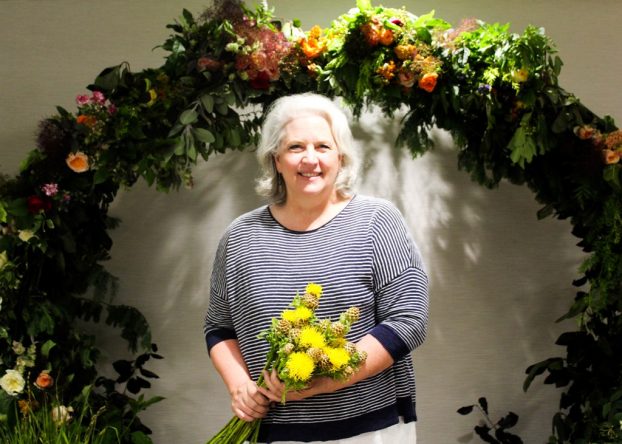
Even though we were inside a hotel conference room, the space was filled with flowers, including the Moon Arch that everyone had a hand in designing (c) Niesha Blancas
In the coming weeks, I hope to release all sorts of content from the D.C. Slow Flowers Summit.
See a gallery of Slow Flowers Summit 2018 photos here.
But for now, I want to share a few words from my opening remarks on June 29th. Please bear with me — it’s personal and as my husband would say, probably contains too much “back-story,” but that’s how I am.
I thought I’d take a moment to acknowledge how significant it is that we’re all here at the Slow Flowers Summit for Year Two. How did this come to be?
There had been talk over the years of a conference focused on domestic flowers, including some initial conversations I had with folks at the California Cut Flower Commission and the SF Flower Mart several years ago.
The desire was real, but the idea never went anywhere, and it later became clear that the Slow Flowers Community wanted something different — more intimate and inclusive — than a big industry event.
So what brought us from idea to reality? Before I left Seattle to travel here, I pulled out an email from April 2015, sent to me by one of our speakers, Mary Kate Kinnane of The Local Bouquet.
The email’s subject line read: NEW IDEAS.
I hope all is well with you and the family and I’m hoping that the Slow Flowers movement has new and exciting things coming its way. I have been wanting to contact you since I returned from my amazing experience at the Chapel Designers conference in NY and especially after meeting people like Jimmy Lohr of greenSinner and others. My wheels have been spinning and so I wanted to share some of my ideas with you.Jimmy and I discussed how our Slow Flowers family needs an event like what Holly Chapple has created for florists across the United States. An event that would gather designers from across the United States who have pledged to use local and American grown flowers to network and train with each other from experts in our field.
I think it is time we bring the Slow Flowers website to life with an event at which all of the flower farmers and florists who have pledged to use their local and seasonal blooms get together and network. I think it would be great to actually gather everyone together to talk (farmer and florist). Let’s start with the East Coast. [well, Mary Kate, we started last year in Seattle, but yes, today, we’re here on the East Coast!]
She closed by saying: I am really proud that we are still able to stick to our mission of staying 100% American and locally grown in everything we buy. Now that I have bombarded you with ideas and thoughts, let me know if any interest you (because obviously we can’t do it all)!
We had a few lighthearted email exchanges, and while nothing happened immediately, the idea stuck with me because that was the year we launched American Flowers Week in 2015.
The following year, in 2016, I had a memorable conversation with Amy Stewart, author of Flower Confidential, the groundbreaking book that stimulated awareness of sustainable practices and flower sourcing in our industry. We both remarked that the 10-year-anniversary of Amy’s book would take place in 2017. Amy turned to me and said, “we should do something together to commemorate it.” I think she meant YOU should do something, Debra.
The seed that Mary Kate had planted grew a few more roots that day.
Weeks later, during the 2016 SF Flower & Garden Show, I attended a dinner where a very similar conversation took place, with Christina Stembel of Farmgirl Flowers, Teresa Sabankaya of Bonny Doon Garden Co., who spoke last year, Beth Van Sandt of Scenic Place Peonies, and Bay Area florists Susan Kelly and Kathleen Williford — all Slow Flowers Members. We spoke further about a Slow Flowers “live” gathering, and agreed to continue brainstorming at a workshop Teresa and I were to teach together later that year at her studio in Santa Cruz.
By then, it was September 2016, and I couldn’t let go of the notion that hosting a live conference during American Flowers Week would be a great way to celebrate what was a virtual, social media-centric event. I attended the TEDxSeattle conference a few months later and found myself enjoying the presentations, but spending more time analyzing the structure and flow of the conference — projecting my ideas onto that very successful framework at which a number of speakers and topics are presented in a single day.
Over the holidays, I called Amy and asked, “If I host a Slow Flowers Summit, will you give the keynote?” She said YES, and I jumped right in, finding a venue in Seattle and inviting a fabulous lineup of speakers. The Summit took place on July 2, 2017 in Seattle. We had 91 attendees and it was incredible as a first-effort.
Amy Stewart and Teresa Sabankaya were two of those first speakers, and a few of you were also there. Thank you for returning — we have Christina Stembel, Kit Wertz and Mud Baron, all who attended last year and — surprise — they’re presenting this year. And we have returning attendees Nan Mattson of Queen City Flower Farm in Cincinnati, a self-described “urban micro flower farm,” and Sarah Reyes of Unfurled, based in Oakland area, a floral designer and self-described “floral liaison” — I’m so happy to see you both here!
Well, that was my recap of the birth of the Slow Flowers Summit. And now, I have a big announcement for you . . .
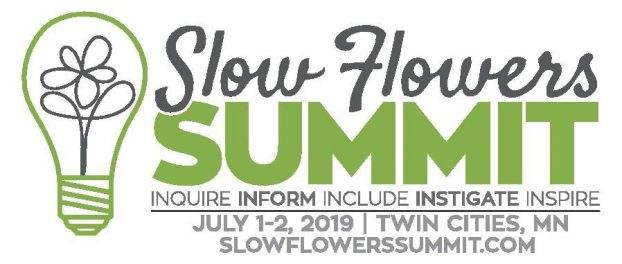 The 3rd Slow Flowers Summit will take place on July 1st and 2nd, 2019, in Minneapolis-St. Paul, Minnesota! Save the dates!
The 3rd Slow Flowers Summit will take place on July 1st and 2nd, 2019, in Minneapolis-St. Paul, Minnesota! Save the dates!
I’m so pleased that we have a co-host in Christine Hoffman, founder of Twin Cities Flower Exchange, a floral wholesale hub that represents local flower farmers and chemical-free practices, now in its 2nd season.
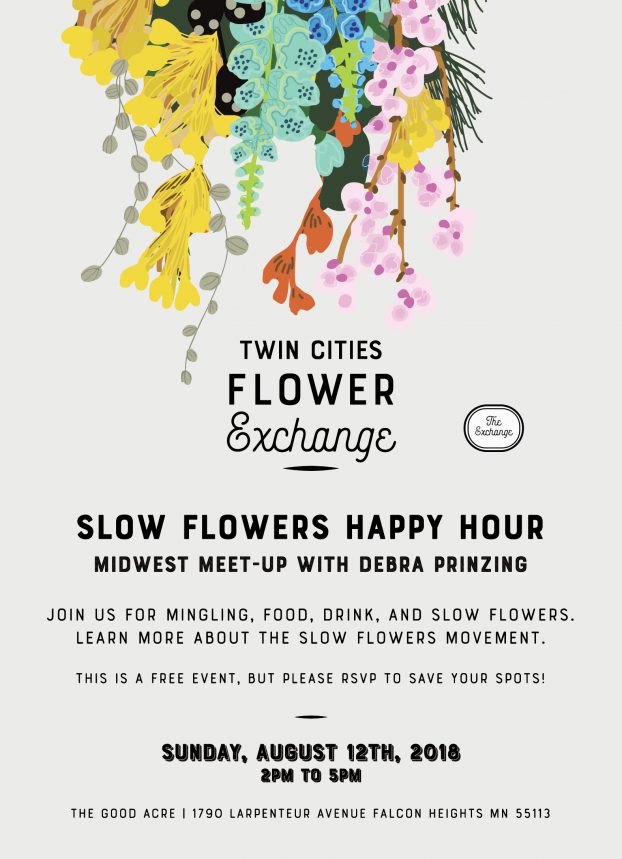
Christine is a past guest of this podcast and I’m so pleased that she agreed to welcome the Slow Flowers community to the Twin Cities – where a lot of exciting things are taking place in the floral world. To share more, I’ve asked Christine to join me for a short preview of what’s in store for you next year!
Sign up to receive Slow Flowers Summit 2019 Updates and Announcements here.
Listen to our past Podcast interviews with Christine:
Follow Twin Cities Flower Exchange on Instagram
And if you happen to find yourself in the Minneapolis-St. Paul area on Sunday, August 12th, please join me at a reception Christine is hosting for the local floral community. It will take place at Good Acre, the food hub that houses Twin Cities Flower Exchange. See Details & RSVP for the August 11th Slow Flowers Happy Hour
READ MORE…









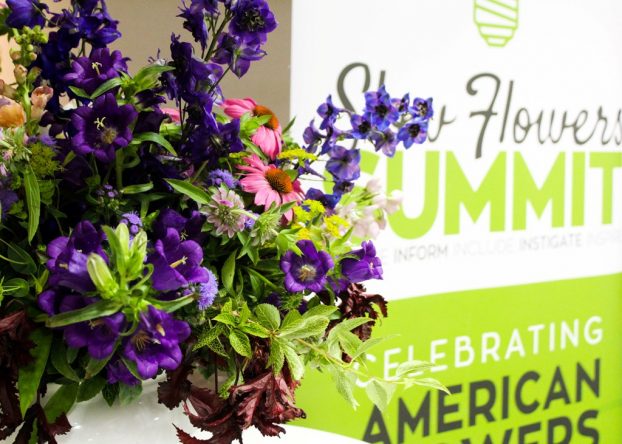
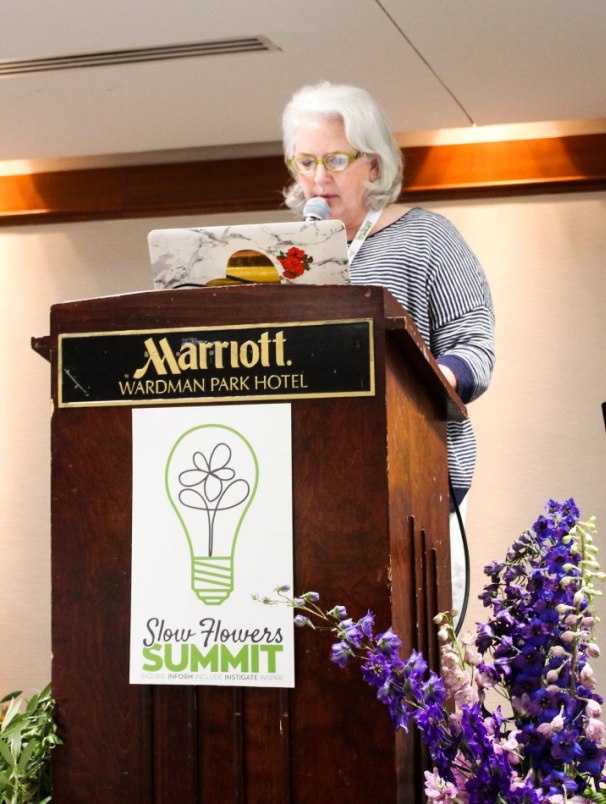
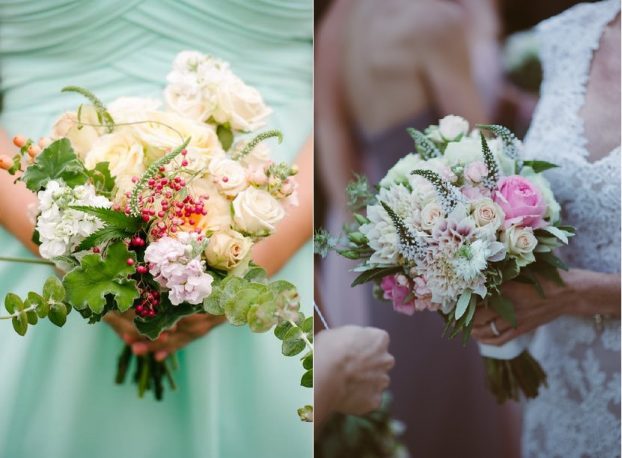

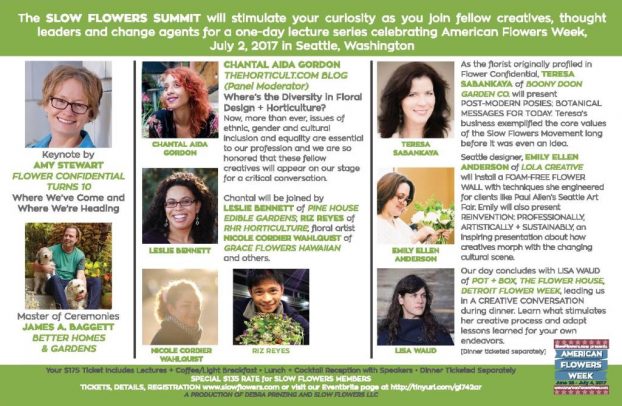
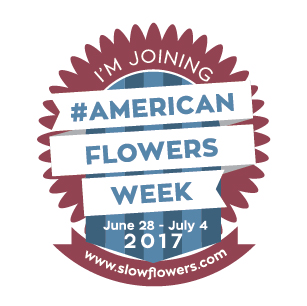

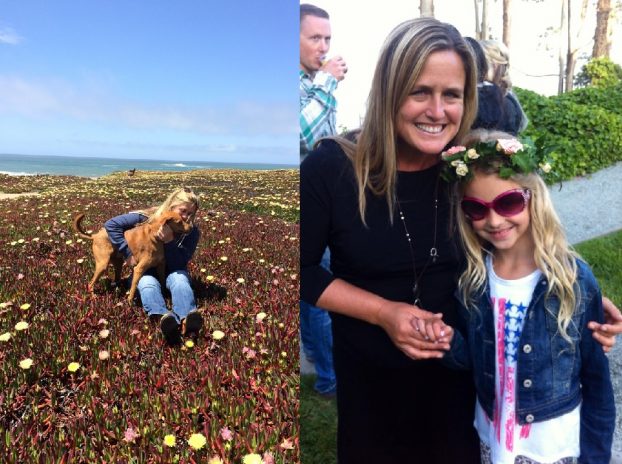
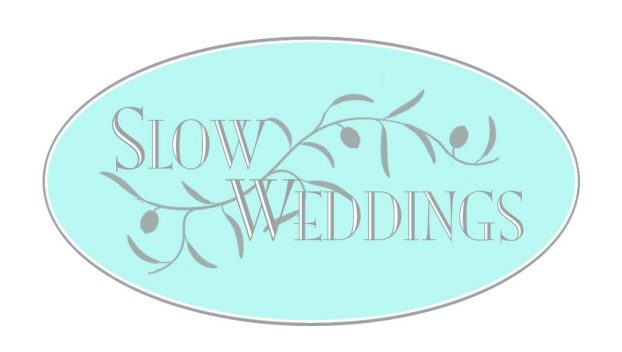
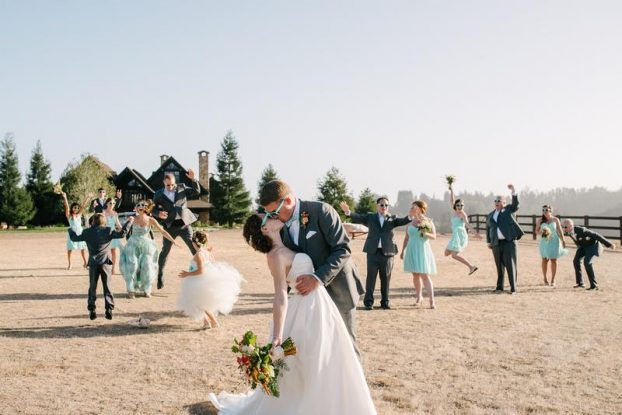
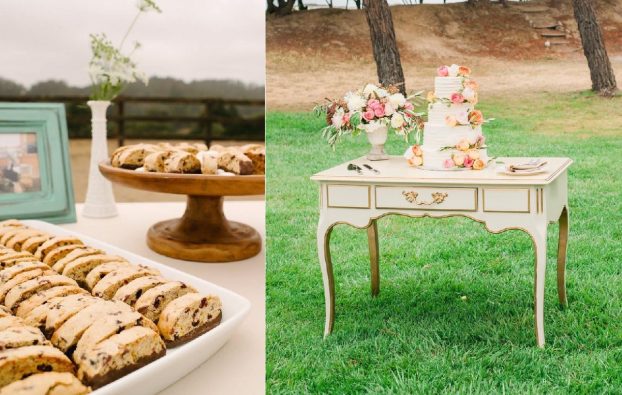
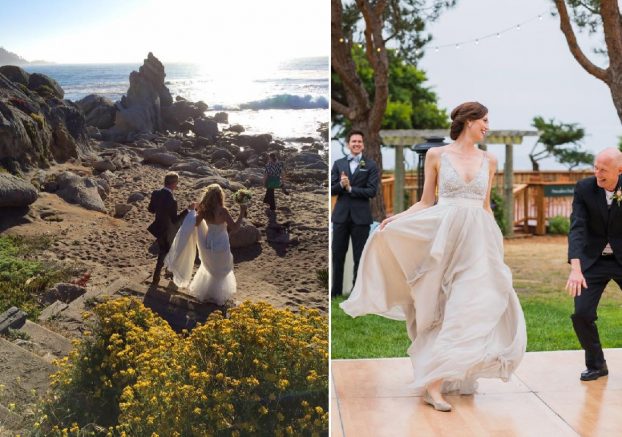
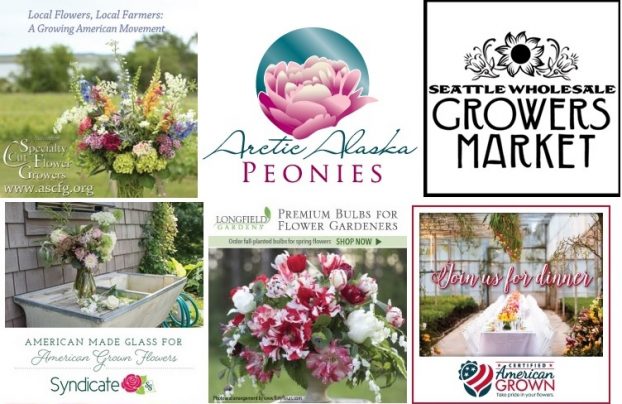
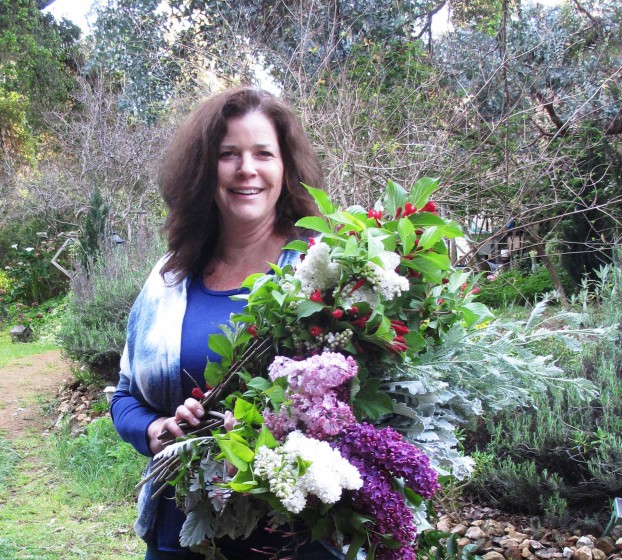
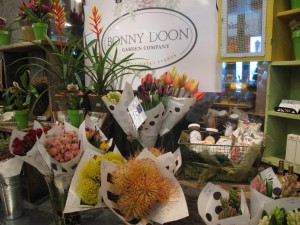
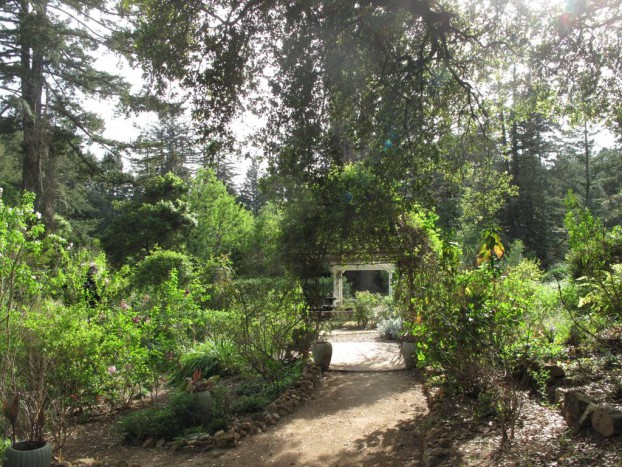
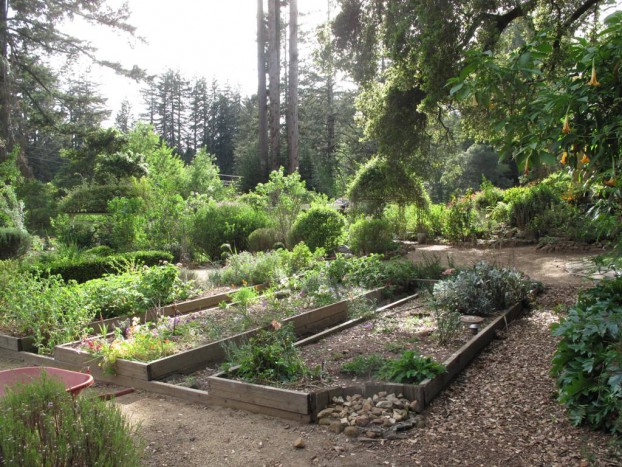
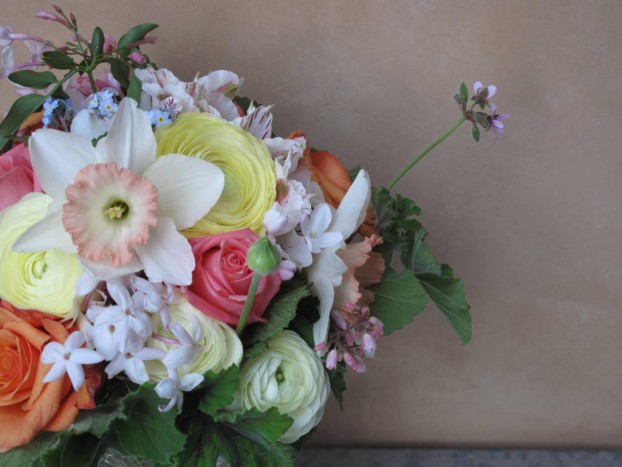
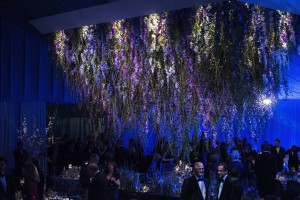
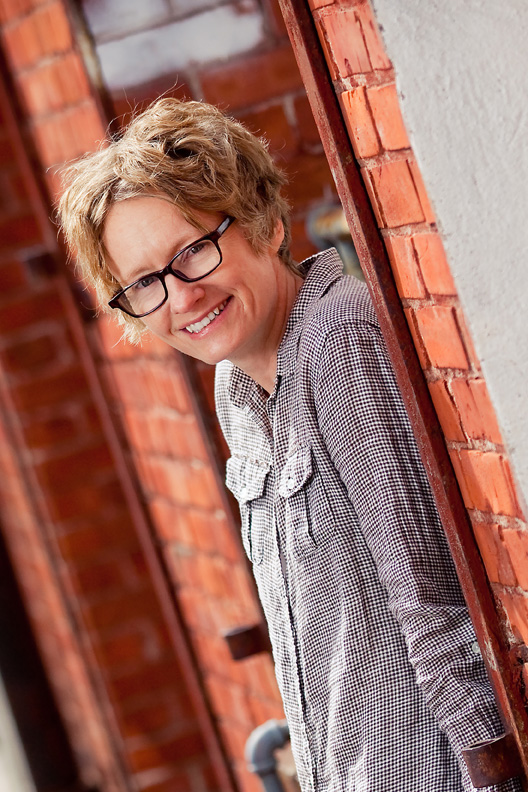
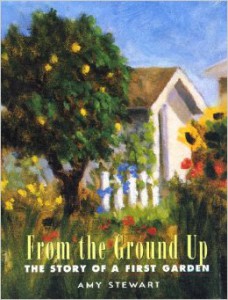
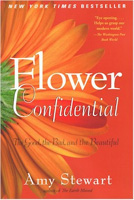

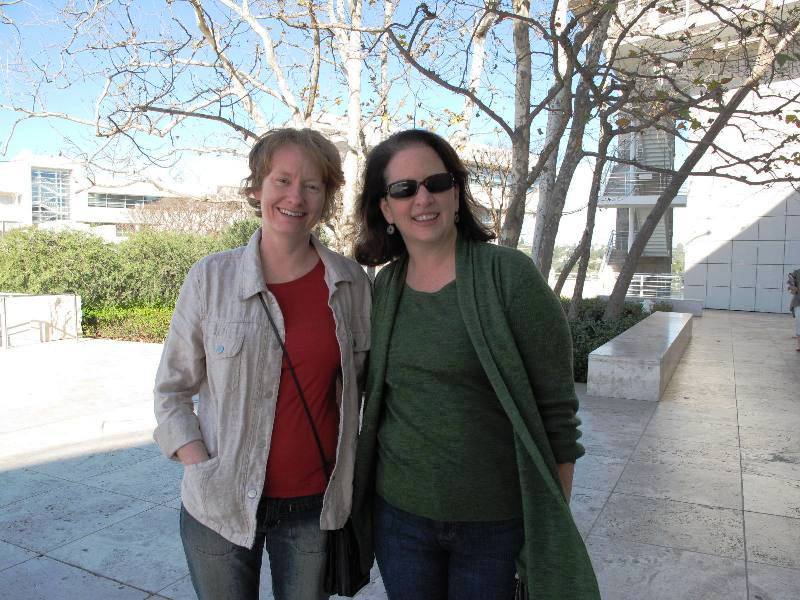
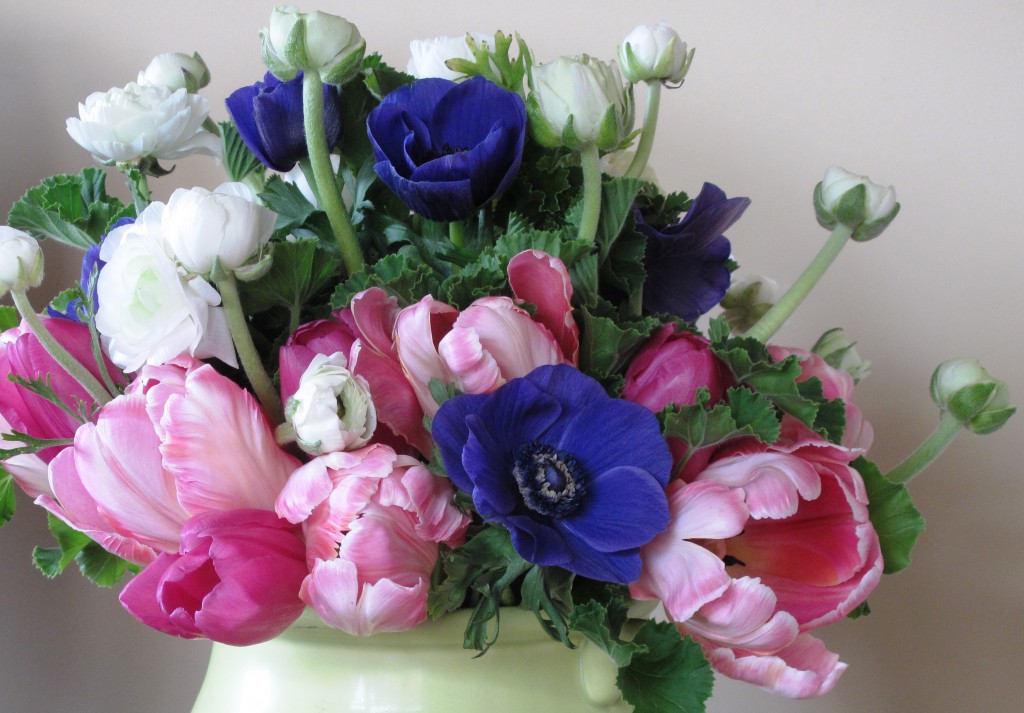
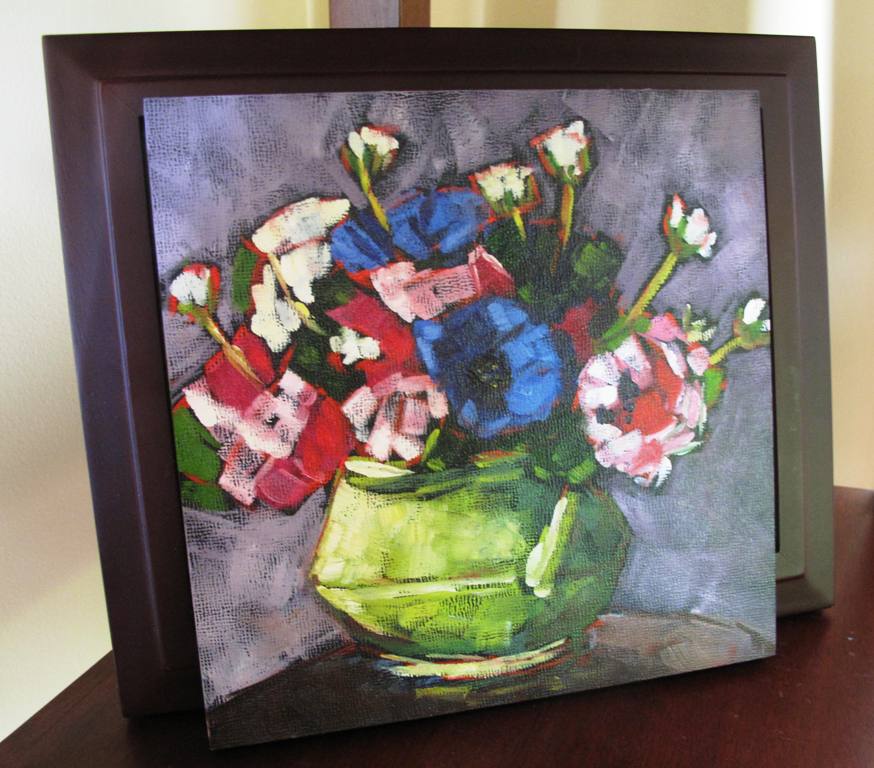
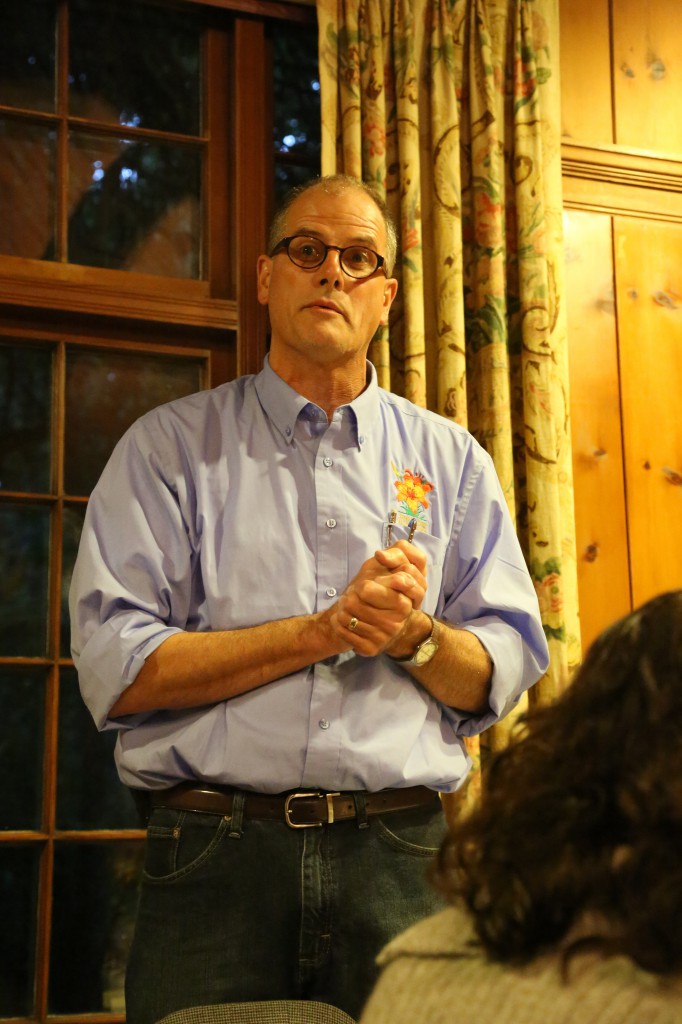
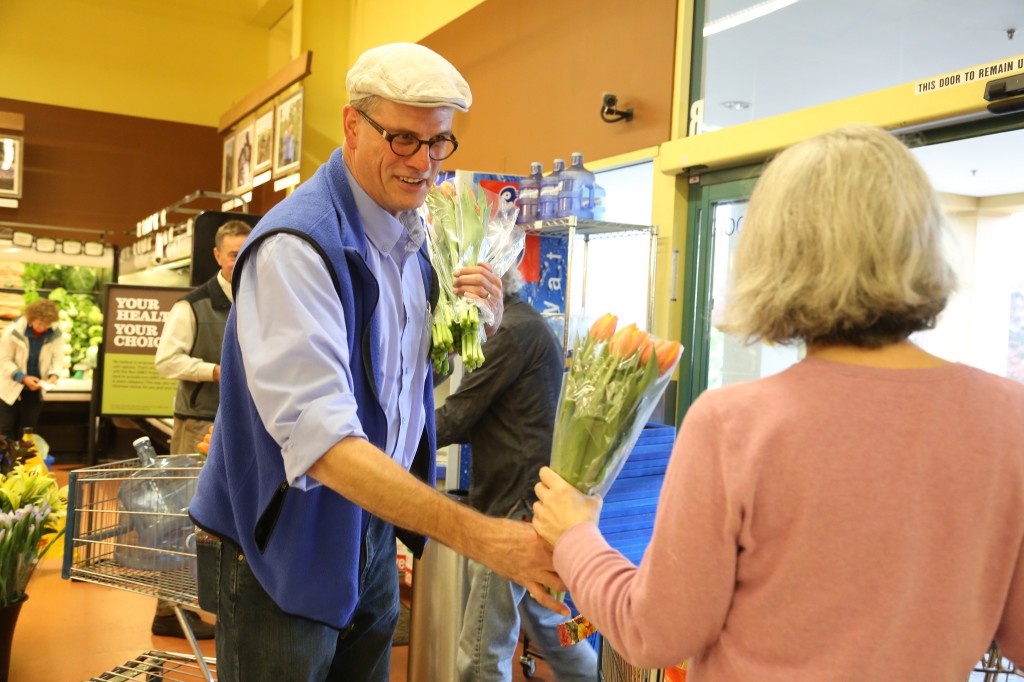
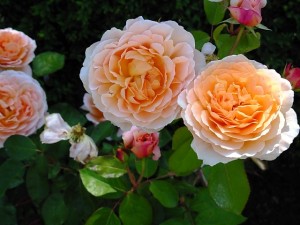
![erinbenzakein001 From our piece in Sunset: Erin with her son Jasper [David Perry photograph]](https://www.slowflowerspodcast.com/wp-content/uploads/2009/03/erinbenzakein001-237x300.jpg) In addition to the essays in Flower Confidential, I have Erin Benzakein to thank for my education about seasonal, sustainable and local flower-growing. Erin owns
In addition to the essays in Flower Confidential, I have Erin Benzakein to thank for my education about seasonal, sustainable and local flower-growing. Erin owns 